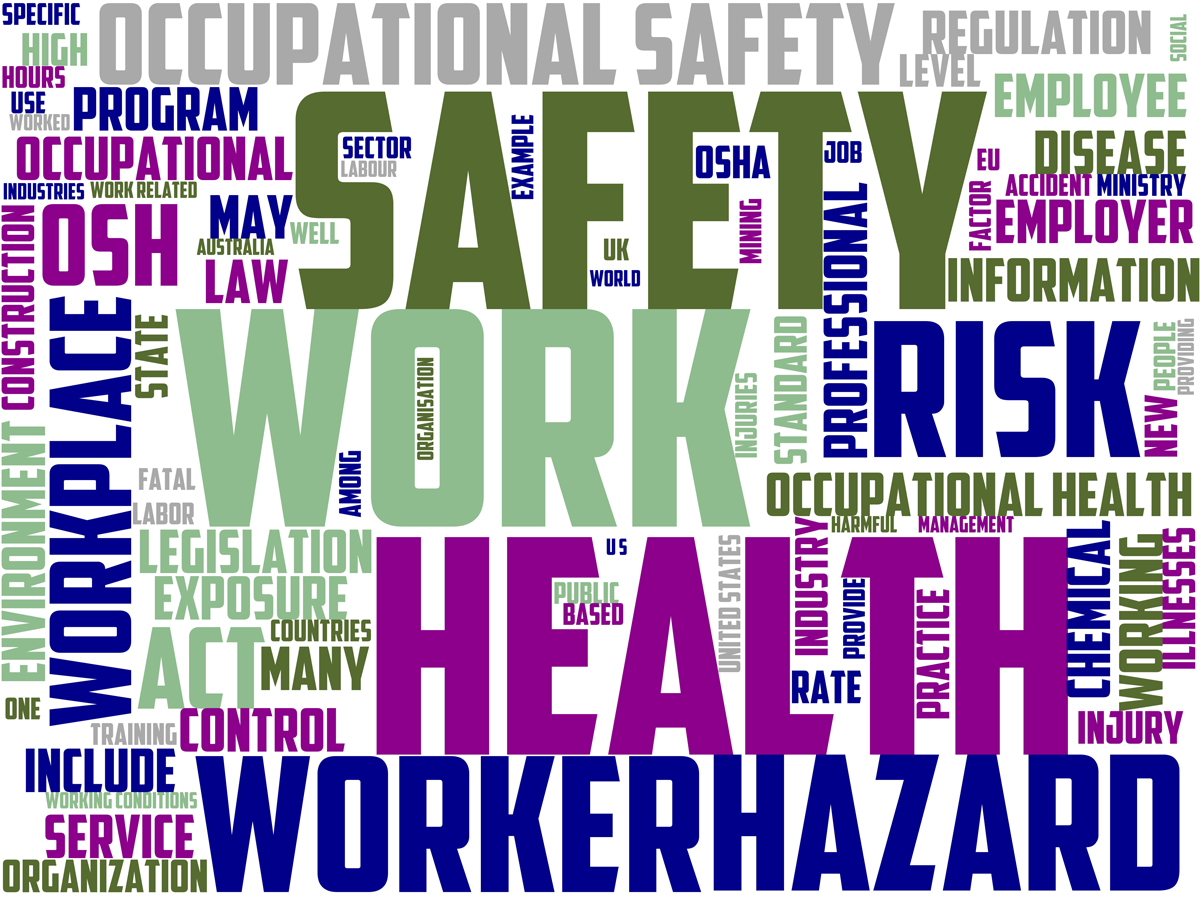Duty of Care:
A primary duty of care relates to the employer’s responsibility to employees/workers of the business and anyone in the immediate area of the workplace, that might be impacted by the work.
A good example of “in the vicinity of the workplace”, as it relates to your farm, might be when you drive out the gate, onto the road with the forks on your tractor, or when you are spraying, and the spray might drift etc.
36 Primary duty of care (abridged)
(1) A PCBU must ensure, so far as is reasonably practicable, the health and safety of—
(a) workers who work for the PCBU, while the workers are at work in the business or undertaking; and
(b) workers whose activities in carrying out work are influenced or directed by the PCBU, while the workers are carrying out the work.
(2) A PCBU must ensure, so far as is reasonably practicable, that the health and safety of other persons is not put at risk from work carried out as part of the conduct of the business or undertaking.
The second circumstance where a Farmer owes a duty of care is outlined below in section 37. Which is the “Duty of PCBU who manages or controls workplace” See section 37 below.
37 Duty of PCBU who manages or controls workplace
(1) A PCBU who manages or controls a workplace must ensure, so far as is reasonably practicable, that the workplace, the means of entering and exiting the workplace, and anything arising from the workplace are without risks to the health and safety of any person.
(2) Despite subsection (1), a PCBU who manages or controls a workplace does not owe a duty under that subsection to any person who is at the workplace for an unlawful purpose.
(3) For the purposes of subsection (1), if the PCBU is conducting a farming business or undertaking, the duty owed by the PCBU under that subsection—
(a) applies only in relation to the farm buildings and any structure or part of the farm immediately surrounding the farm buildings that are necessary for the operation of the business or undertaking:
(b) does not apply in relation to—
(i) the main dwelling house on the farm (if any); or
(ii) any other part of the farm unless work is being carried out in that part at the time.
(4) In this section, a PCBU who manages or controls a workplace—
(a) means a PCBU to the extent that the business or undertaking involves the management or control (in whole or in part) of the workplace; but
(b) does not include—
(i) the occupier of a residence, unless the residence is occupied for the purposes of, or as part of, the conduct of a business or undertaking; or
(ii) a prescribed person.
As can be seen in section 37 (1) above, there is a duty owed by a landowner/farmer, to anyone entering onto the farm, to ensure there is no risk to them, arising from the workplace. This is where a farmer has a duty to advise anyone lawfully entering their land, of any known, unusual hazards on the place. These are those unusual hazards that would not normally be present on a farm but can occur on the land. Examples would include (but are not limited too) tree felling, blasting, shooting, washed out culverts, unsafe bridges, washed out tracks, wires across gulley’s etc. etc.
Equally the contractor PCBU, also owes a farmer the same duty of care under this section. Which is to advise the farmer, before they enter onto the land, what hazards and risks they are bringing onto the land, that may put the farmer or their workers at risk. A good example of this is the tree felling example above, where the contractor needs to advise the farmer of the obvious risk of falling trees, which may crush someone, and how the contractor is going to control that risk but setting up an exclusion zone.
Section 37 also provides the specific exclusions for the farmer, as mentioned at the beginning of this article. These exclusions are created because there are often large areas of land that the farmer owns/occupies or manages but cannot effectively control all of the time because they are not present. In addition, this duty is only owed to those who are lawfully on the land. That might be through consent or a lawful right to access. Farmers do not have a duty of care for a trespasser.



